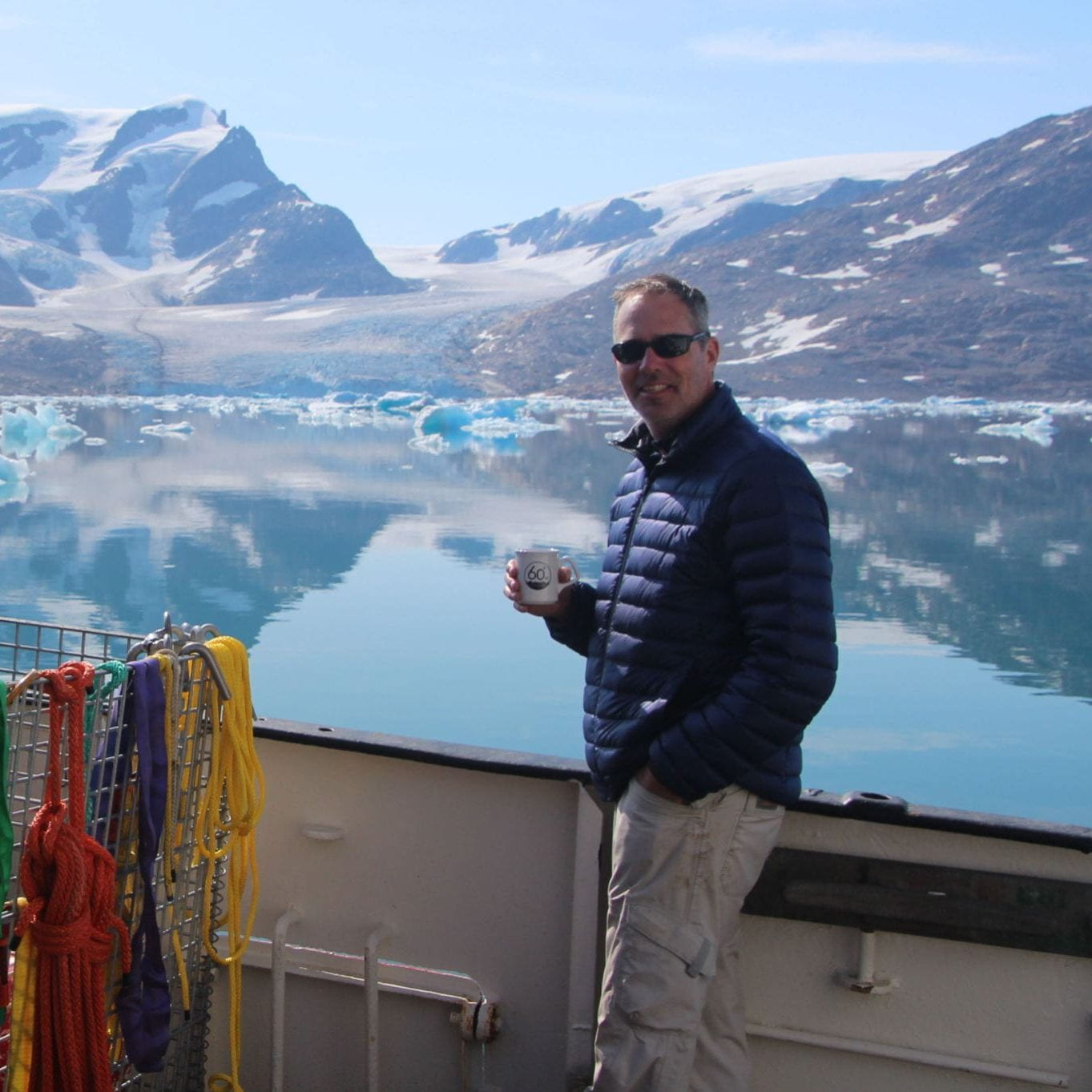
Mark Carey
Professor of Environmental Studies and Geography
Mark is a Professor of Environmental Studies and Geography at the University of Oregon. He earned his Ph.D. in environmental history and Latin American history from the University of California, Davis, and held a Ciriacy-Wantrup Postdoctoral Fellowship in the Geography department at the University of California, Berkeley. He previously served as Director of the Environmental Studies Program. Mark’s research focuses on the human dimensions of climate change and ice — from glaciers in the Andes to icebergs in the North Atlantic Ocean to glacial fjords in Greenland. The research centers on power, knowledge, and cultural narratives, with an objective to understand how knowledge systems, embedded storylines, social relations, and environmental injustices shape present-day environmental issues. The work is deeply interdisciplinary and collaborative with students in the Glacier Lab. Research topics range from ice loss and hydrologic change in high mountains to natural disasters and the climate crisis, health and recreation, ocean currents and conservation. Mark is currently funded by a National Endowment for the Humanities fellowship to complete a book on icebergs and society in the North Atlantic. He also has, among other projects, two interdisciplinary collaborative projects, one funded by the Andrew Mellon Foundation on racial and climate justice in the Pacific Northwest (part of the Just Futures Institute) and another funded by NSF and the Navigating the New Arctic Program on “Global Changes, Local Impacts: Study of Glacial Fjords, Ecosystems and Communities in Greenland.” These projects have expanded the research Mark has been doing for nearly two decades in the Peruvian Andes to Oregon and the Polar Regions. Click here for Mark’s complete CV.

Olivia Black
Undergraduate major in Environmental Studies
Olivia is a fourth-year Clark Honors College student majoring in Environmental Studies and minoring in Earth Science and Creative Writing. As an Oregonian, she’s always been deeply passionate about the environment around her. In the summer of 2022, she collaborated with Mark Carey and Mira Cross to research environmental perceptions of Greenland through media. After, she joined the Glacier Lab to continue learning about the social dimensions of environmental issues. Olivia is interested in how informal learning experiences can be utilized to create accessible opportunities in the scientific field. In her free time, Olivia enjoys doing Wushu, reading books, and scrapbooking. Return to top

Samantha Ruth Brown
PhD Student in Geography
Samantha (Sam) is a PhD student in Geography. She uses food as a lens to examine sociopolitical processes and their environmental consequences and is particularly interested in nation-building processes, race/racialization and whiteness, environmental food movements, and legacies of colonialism. She’s exploring these topics by comparing case studies across Denmark, Greenland, and the United States. Sam received her BA in International Studies and MA in Scandinavian Studies from the University of Wisconsin-Madison. Before returning to graduate school, Sam also worked for a Minneapolis-based refugee NGO, and continues to work with undocumented migrants in ICE detention, primarily in Minnesota. Return to top
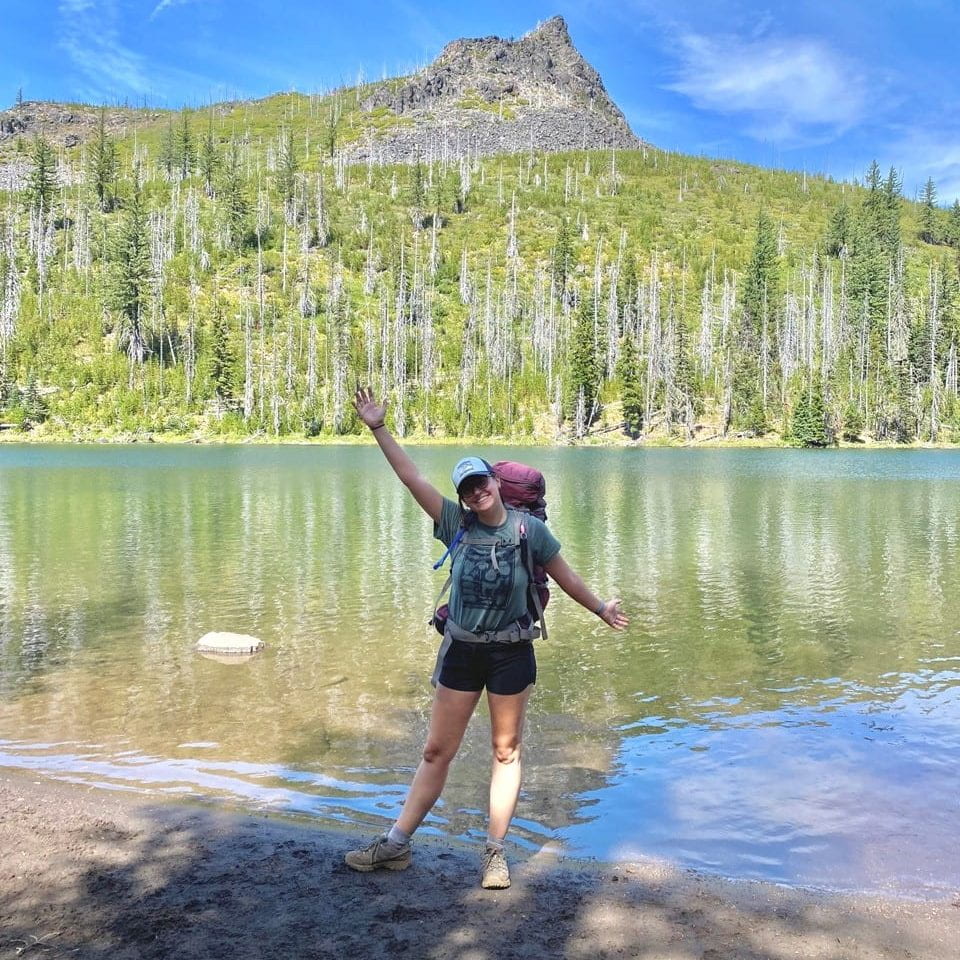
Mira Cross
Master's Student in Economics
Mira is a Master’s student in Economics, after completing her UO Bachelor’s degree in Economics and Environmental Studies with a minor in Women and Gender Studies. She became a member of the Glacier Lab after working with Mark Carey as a research assistant over the summer of 2022. Together with fellow Glacier Lab member Olivia Black, Mira is currently working on a multi-disciplinary paper about environmental perception in Greenland. Mira is interested in the intersection of society and our environment, particularly how our current economic structure both affects and is affected by the conditions of the natural world. Outside of academics, she enjoys hiking with her dog, playing the violin, and seeing live music! Return to top
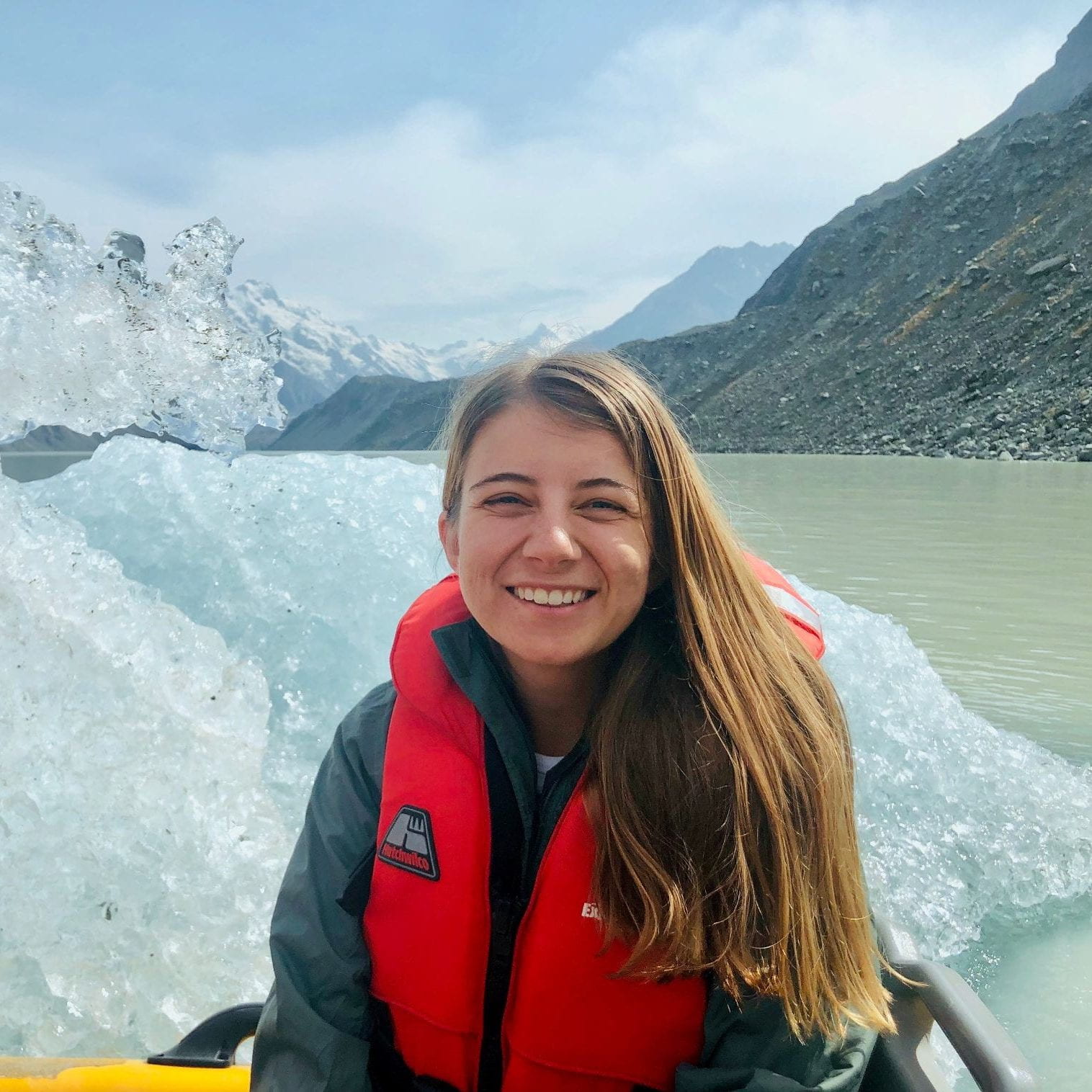
Dara Craig
PhD Student in Environmental Studies
Dara is a PhD candidate in the Environmental Studies Program. As a non-Native researcher, her work promotes living oceans and climate justice, with focuses on marine spatial planning, coastal and fisheries co-management, and supporting Indigenous sovereignty and self-determination. She is gratefully a member of the Glacier Lab and UW Tribal Water Security Network, and she also assists with the Tribal Climate Change Project through the PNW Just Futures Institute for Racial and Climate Justice. Before attending the University of Oregon, Dara received her BA in Anthropology and Ecology, Evolution, and Organismal Biology from Vanderbilt University and worked a number of seasonal jobs–as a teaching assistant for an earth systems field camp in Aotearoa, a scientific diver for a coral restoration initiative in Indonesia, and a director of a marine science and service program in the British Virgin Islands. Return to top
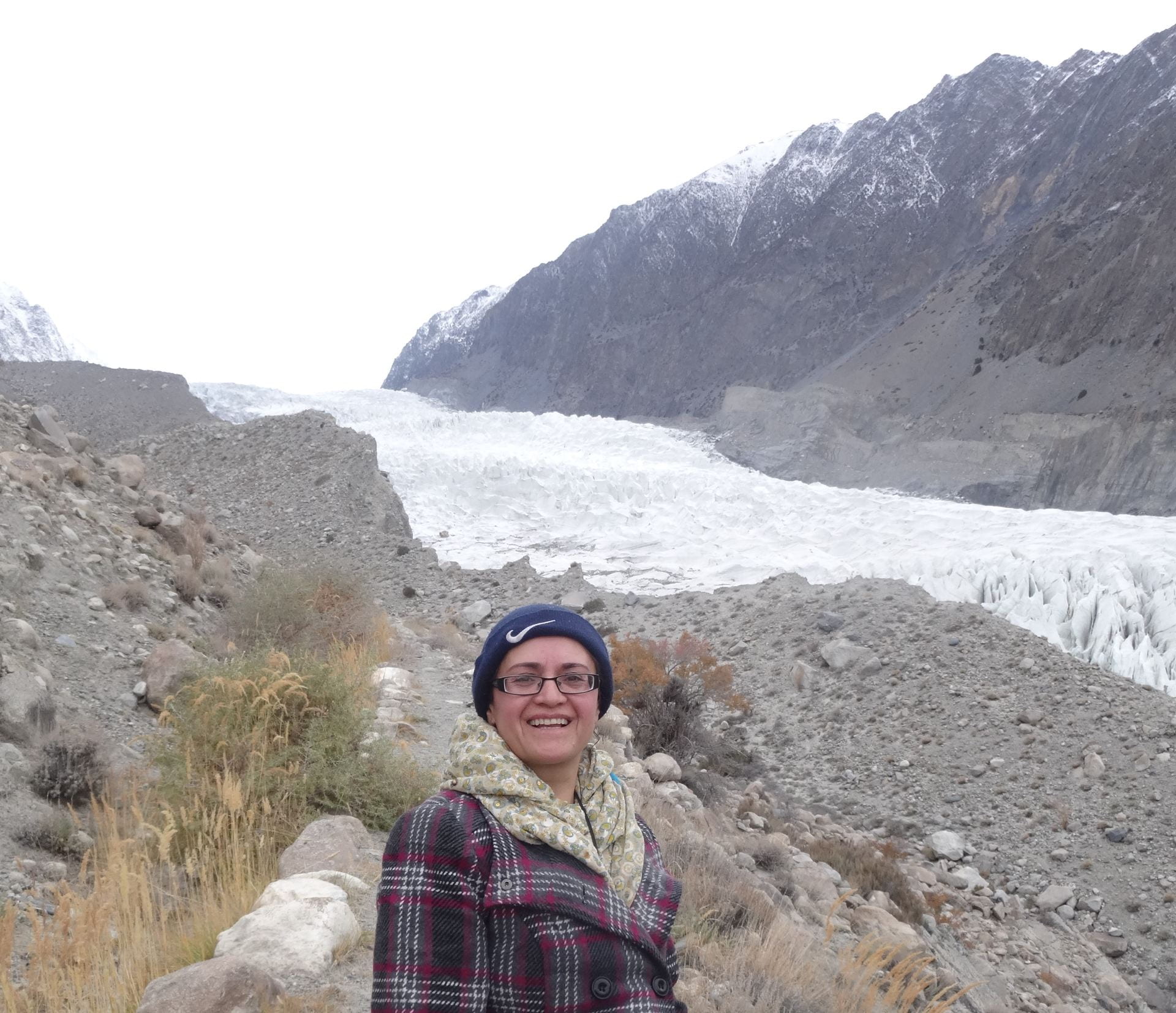
Sitara Parveen
Postdoctoral Researcher in Environmental Studies and Geography
I am an Assistant Professor of Geography at Fatima Jinnah Degree College for Women Gilgit, since the last two decades. Throughout my career, I have taught a wide range of geography subjects, including Physical Geography, Human Geography, Economic Geography and Regional Geography. I earned my PhD from the South Asia Institute, Heidelberg Germany in Geography. In my PhD Studies, I focused on Socio-hydrology by analyzing the impact of both the glacial and Socio-economic changes on the centuries-long irrigation system in Karakoram Mountain ranges of Pakistan. In addition to my teaching responsibilities, I am also involved in several research activities and had the opportunity to speak at conferences and other events on topics related to the Cryosphere in the Karakoram Mountain ranges of Pakistan. I am mentoring students to achieve their academic goals to prepare them for future careers in geography. Return to top

Zachary Provant
PhD Candidate in Environmental Studies
Zac is a PhD student in the Environmental Studies Program, and his research focuses on the local impacts of changing snow on mountain communities in the Pacific Northwest. Increasingly frequent and intense rain-on-snow events are amplifying natural hazards, such as avalanches and floods, and Zac is particularly interested in how these extreme events are affecting the lives, livelihoods, and lifestyles of people in Pacific Northwest mountain ranges. Zac aims to understand how people navigate the growing risks of avalanches and floods, and how they connect these impacts—which seem instantaneous but are also deeply connected to climate change—to the dominant discourses of changing snow and changing mountains. In order to communicate these lived experiences of climate change, Zac will explore and share stories using ethnographic methods and visual research tools. Prior to the University of Oregon, Zac received a BSc in Environmental Science from the University of Virginia, spent three seasons working for the US Forest Service in the Frank Church Wilderness Area, and worked as a snow-sports videographer. In his free time, you can find Zac backcountry skiing, riding bikes, or running with his border collie. Return to top
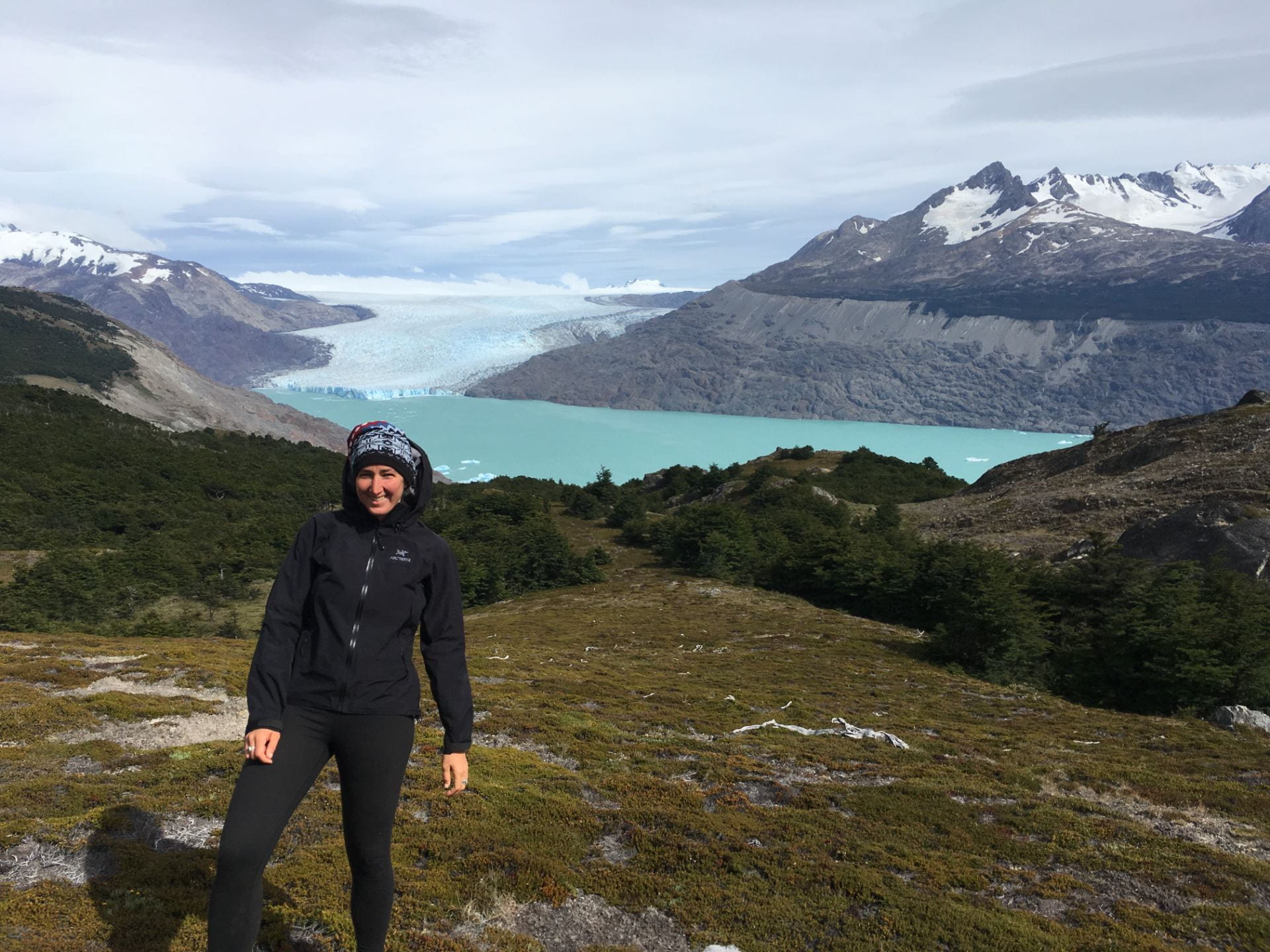
Nicole Schaub
PhD Student in Environmental Studies and Geography
Nicole is a PhD student in the Environmental Studies Program with a focal department in Geography. Her research focuses on the confluence of glaciers, environmental justice, and digital media technologies. She explores the ways land conservation institutions and local communities respond to climate change with a particular interest in narratives, tidewater glacier dynamics, and complex ecosystem changes. Nicole completed her undergraduate degree at Whitman College in Biology and French Literature, and has since spent the last decade gaining in-the-field perspective at Glacier Bay, Denali, Glacier, and Everglades national parks and Tongass national forest. When she’s not in the backcountry or studying, Nicole enjoys yoga, foreign languages, learning new things, and unstructured time around trees. Return to top
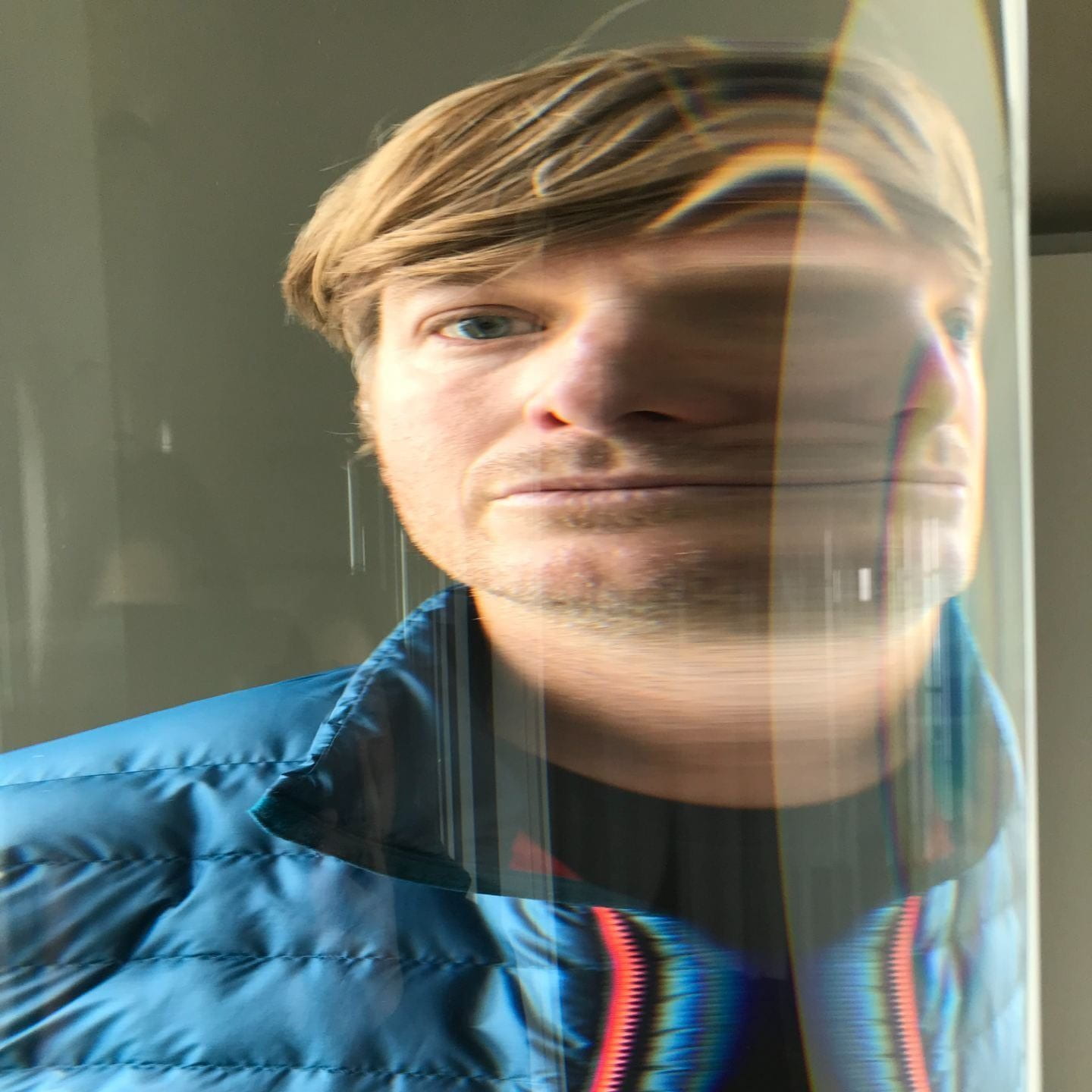
Casey Shoop
Core Faculty, Clark Honors College
Casey Shoop is a core faculty member in the Robert D. Clark Honors College at the University of Oregon. He earned his Ph.D. in English and Comparative Literature at Columbia University and held a Mellon Postdoctoral Fellowship at the Huntington-USC Institute on California and the West. As a humanities scholar who specializes in literature, film, and critical theory, Shoop teaches an eclectic range of courses on everything from Greek tragedy to climate change fiction, from deep history to utopian science fiction futures. His research in the Glacier Lab focuses on climate change and the dynamics of the cryosphere as problems of representation: How do artists imagine and render the spatial and temporal scale of glacial ice? How is ice both the medium and material of storytelling? What are the aesthetic forms that best enable us to apprehend the material and social dimensions of the environment while simultaneously remaining responsible to the complex historical and scientific conditions of its production? In addition to collaborating in the Lab on its interdisciplinary projects, he is currently working on several articles on the aesthetic and archival properties of glacial ice. When he’s not thinking about ice, he’s probably out walking his dog Winnie or pondering the beauty of basketball. Return to top
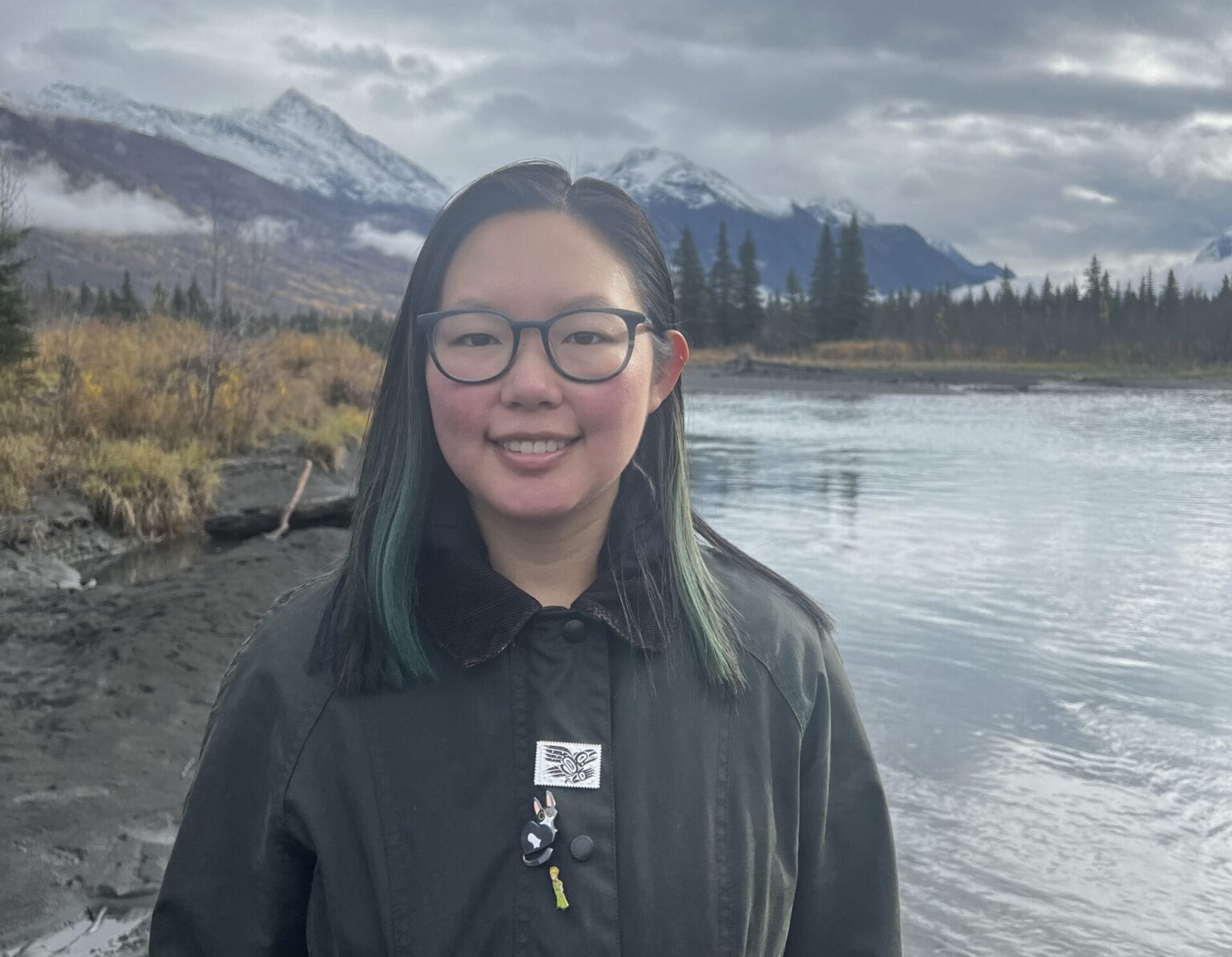
Sijo Smith
Master's Student in Environmental Studies
Sijo is a Master’s student in the Environmental Studies Program. Her research is focused on Indigenous food systems and food security, exploring appropriate approaches for cultivation and stewardship of traditional foods. Raised in southcentral Alaska on Dena’ina lands, she received her B.S. in Earth Systems from Stanford University. Before starting at the University of Oregon, Sijo worked for the Northern Latitudes Partnerships, a nonprofit working with communities in Alaska and northwest Canada to envision a future where northern lands, waters, and ways of life are sustained for generations. Outside of work she enjoys backpacking, cooking, and curling up with a cup of tea and her two cats. Return to top

Sami Stroud
PhD Student in Environmental Studies and Geography
Sami is a PhD student in Environmental Studies with a focal department in Geography, researching the phenomenon of “last chance tourism” in landscapes threatened by climate change. Through the lens of tourism, she explores the politics of care between humans and nonhumans, interrogating how care works to both empower and disempower local peoples, plants, and animals. Her broader research interests include multispecies ethnography, science and technology studies (STS), decoloniality, and political ecology. Sami earned a dual-degree BA in Geography and East Asian Studies, as well as an MS in Geography and Environmental Studies from the University of New Mexico. Since 2019, she has done community outreach and engagement work for the Southwest Environmental Finance Center (SW EFC), assisting small and rural water and wastewater utilities navigate institutional barriers to secure federal funding.. Return to top
Lab Alumni
- Chris Ableidinger, Media Supervisor at Wieden + Kennedy
- Alessandro Antonello, Senior Research Fellow, Flinders University, Australia
- Elizabeth Baach, Mississippi State University graduate student
- Jordan Barton, Graduate Student, University of California, Berkeley
- Augustine Beard, US Forest Service fire fighter
- Hayley Brazier, Curator, High Desert Museum
- Ben DeJarnette, Journalist and Media Consultant
- Vanessa Fiedler, Amigos de las Americas, Latin America Programs Director
- Sam Flanzer, Graduate Student, George Washington University
- Hannah Fuller, Research Associate, Opus Search Partners
- Lisa Giamberso, Elementary School Teacher
- Jess Gladis, Food for Lane County
- M Jackson, National Geographic Society Emerging Explorer
- Lincoln James, undergraduate student, Clark Honors College
- Candace Joyner, PhD/JD student at OHSU/Lewis & Clark Law School
- Alexa Kanbergs, MD Brown University
- Josie Kinney, Rugged Thread
- Becca Marshall, Peace Corps in Gambia
- Olivia Molden, Earth Economics, Project Manager
- Holly Moulton, Assistant Professor of Geology and Geography, West Virginia University
- Mackenzie Myers, Outdoor enthusiast
- Sean Munger, CentricLaw, Climate Change Legal Consultant, Portland, OR
- Jaclyn Rushing, PhD student, University of Montana
- Doug Sam, University of Utah graduate student
- Sakina Shahid, Graduate Student, Duke University
- Connor Shimamoto, Product Designer
- Kerry Snodgrass, Master’s of Public Administration
- Sally Thompson, US Forrest Service
- Jenna Travers, Graduate Student, Oregon State University
- Jeremy Trombley, AAAS Science and Technology Policy Fellow, International Joint Commission
- Sadie Trush, University of Washington graduate student
- Kelsey Ward, National Park Service
- Andrea Willingham, University of Oregon Museum of Natural and Cultural History